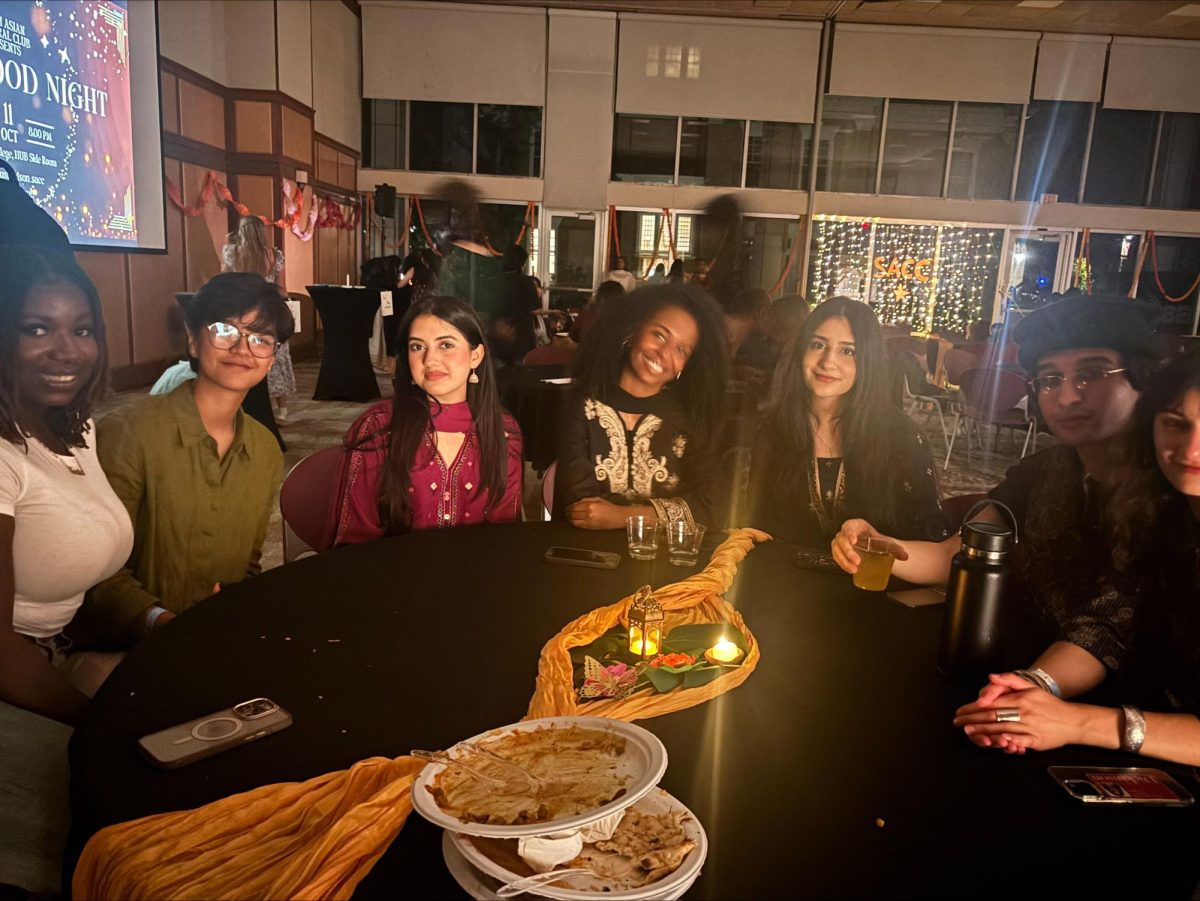I started studying for the Graduate Record Examinations (GRE) this summer, armed with a Venti iced coffee and a sausage, egg, and cheese breakfast sandwich from the Carlisle Starbucks. I was supposed to be learning how to “read critically” from an example essay about the dissemination of ideas. The author focused on a particularly American concept: that each opinion matters equally – that a novice has just as much of a right to an opinion as a professional in a specific field. This, in theory, underlies many of the foundational beliefs of this country. However, in practice, it often leads to many having false positions of authority just because they did some reading about a subject one time in middle school.
Being a member of a field where opinions (albeit well-researched and supported opinions, but opinions nonetheless) are the bread and butter of my academic work, I vocalize a lot of them myself and have to endure many more. Whether they are from secondary texts, my professors, or other students, unique and valid opinions can be hard to come by, especially when some Dickinsonians feel the need to spout out whatever comes into their heads, regardless of its validity or intellectual merit. I’ve been called an elitist for thinking it, but here’s my secret belief: some opinions are just wrong.
English as a discipline encourages a broad range of opinions when examining a text. Various types of criticism ranging from feminist to Freudian critiques and anything in between are often applied to the same text at the same time. This gives license to some and enables them to articulate how a text makes them feel, or to publicly communicate their reactions to the text. This is not the work of a literary scholar, and I quite frankly do not care what parts of this novel or that story made you sad or happy. I have no issue with literature eliciting an emotional response; on the contrary, I believe literature in general is one of the best ways to process and work through complex emotional and mental experiences. However, a college classroom with the ostensible goal of educating for the purpose of occupation is not the place for this type of discussion. And an English major requires much more than an enjoyment of reading.
The tendency of professors to let this practice continue perhaps irritates me more then the constant series of vapid, half-formed thoughts that students utter during any given class period. This extends far beyond the English department, as professors at Dickinson seem almost uniformly committed to letting the same students talk for far too long. Intellectual entitlement, what I think of as the gall it takes for a student to attempt to enter into the academic discourse of a topic he or she knows little about, behaves like some invisible, noxious gas that the faculty feel instinctively but respond to by growing complacent. However, I recognize that this sense of intellectual entitlement has to be faked to a degree for anyone entering academia, even at the undergraduate level. But does it have to be so annoying?
So after ranting about the inability of others to have, form, and communicate effective and meaningful opinions in my own opinion piece, should I label myself a hypocrite or just a contrarian? It would be ridiculous for me to claim that I’ve had the intellectual authority to support every opinion I’ve put forth in class, and if it came right down to it I would be in favor of letting anyone say whatever they wanted over the potential of limiting free speech. Yet, this does not prevent me from wishing that some had a better filter, a better sense of their own position in academic discourse, and more sympathy for their ever-suffering classmates.





